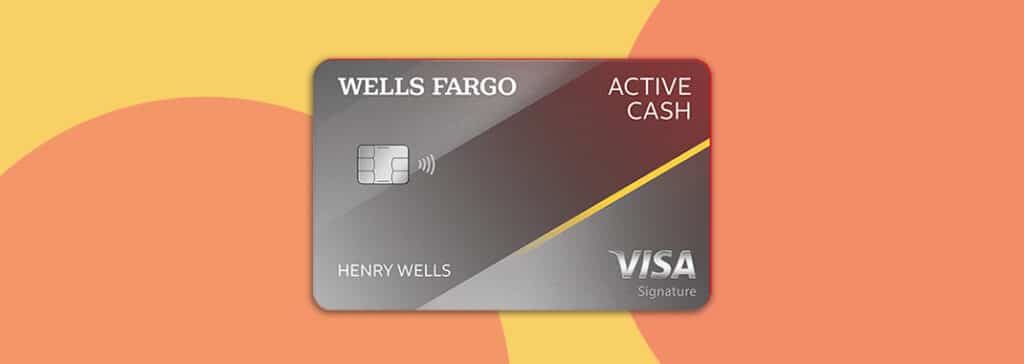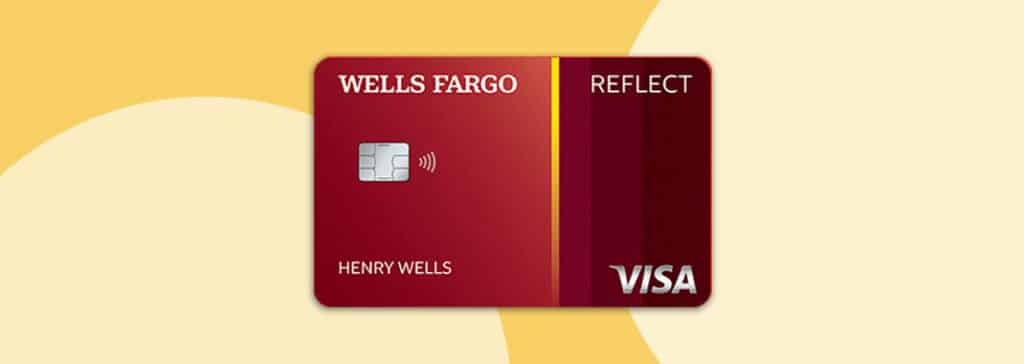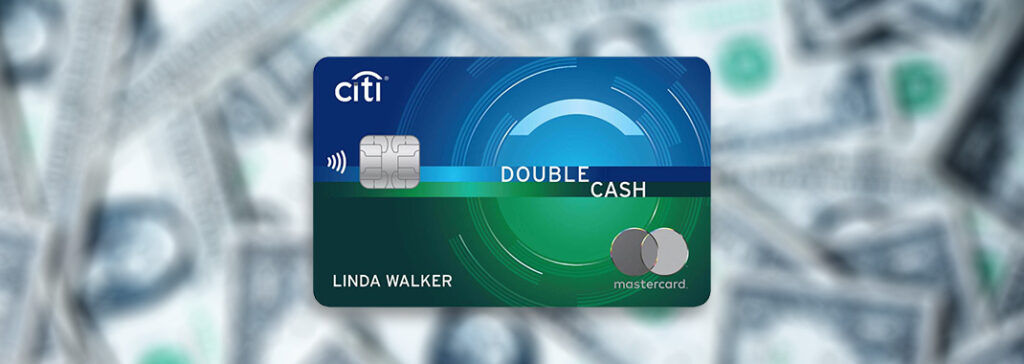Most products on this page are from partners who may compensate us. This may influence which products we write about and where and how they appear on the page. However, opinions expressed here are the author's alone, not those of any bank, credit card issuer, airline or hotel chain. This page may include information about American Express products currently unavailable on Slickdeals. American Express is not a partner of Slickdeals.
I’d been trying to get my side hustle small business off the ground for many years. At one point, I made an inventory of the roadblocks that kept me from moving forward. One barrier I grudgingly admitted to myself was my lack of knowledge on exactly how to set up the business basics: banking account, credit, accounting and taxes.
I had done a great job of keeping an 800+ personal credit score during a major life change, but an entirely new financial setup, with its own accounting, reporting and payback rules, seemed overwhelming. On top of that, I didn’t know how I would manage the business financials while doing marketing research, creating products, and working with clients.
So, in a moment of inspired clarity, I decided to handle the financial setup of my business first and give myself about a year to set up my accounting system, find the best business credit card option and feel comfortable with my financials.
It was the best decision I ever made, and here’s how I did it.
I Prepped for Starting a Business With Research

By focusing exclusively on my business' financial structure ahead of other tasks, I honed in on the bank requirements for business accounts and credit cards and then did any necessary setup for federal, state and local municipalities. For example, l learned that my bank required proof of business with an EIN (employer identification number), which was easy to request from the IRS website. From there, I could open a business checking account and credit card.
The extra time also allowed me to speak with other small business owners, who could warn me of pitfalls. That was especially true regarding setting up local tax payments, where the online information was not clear. If I had been juggling clients and doing my other business startup tasks, it would have overwhelmed me.
I Shopped for the Best Business Credit Card
The extra time allowed me to really do my due diligence on business credit card offers to compare points packages, other perks and fees. There are a lot of choices in the market, and finding the card to best fit my needs was time-consuming. Starting the process early also helped take the pressure off the decision because I knew I didn’t need the card immediately and could afford to take time to decide.
I Prepared My Start-up Expenses
The old saying of “measure twice, cut once” applies here—buying things in haste is never a good look. Having the luxury of taking my time, creating the inventory of what I needed, shopping for the best price, and then applying that knowledge when selecting a business credit card was a game changer.
I Established My Business Credit History

If you believe that “how you do anything is how you do everything,” then starting off caring for your credit bodes well for the success of your business. I made purchases that allowed me to get my credit card deadlines and other payment schedules before the avalanche of work, which helped ensure I’d be on top of things. And, even though I have an 800+ personal credit score, I learned my business credit score is separate, so I was starting from scratch.
I Got the Scoop on Credit Card Hacks
Having time before I was consumed with client work to meet face-to-face with my bank’s small business advisor and others on their team to get the inside scoop on options and business credit card hacks was invaluable—like taking advantage of the welcome bonuses and business tools some accounts offer.
While a year in advance may seem excessively long to set up your business and get a business credit card, you'll probably be happy you took the time before you start getting busy (hopefully!) with your clients.
 Related Article
Related Article







